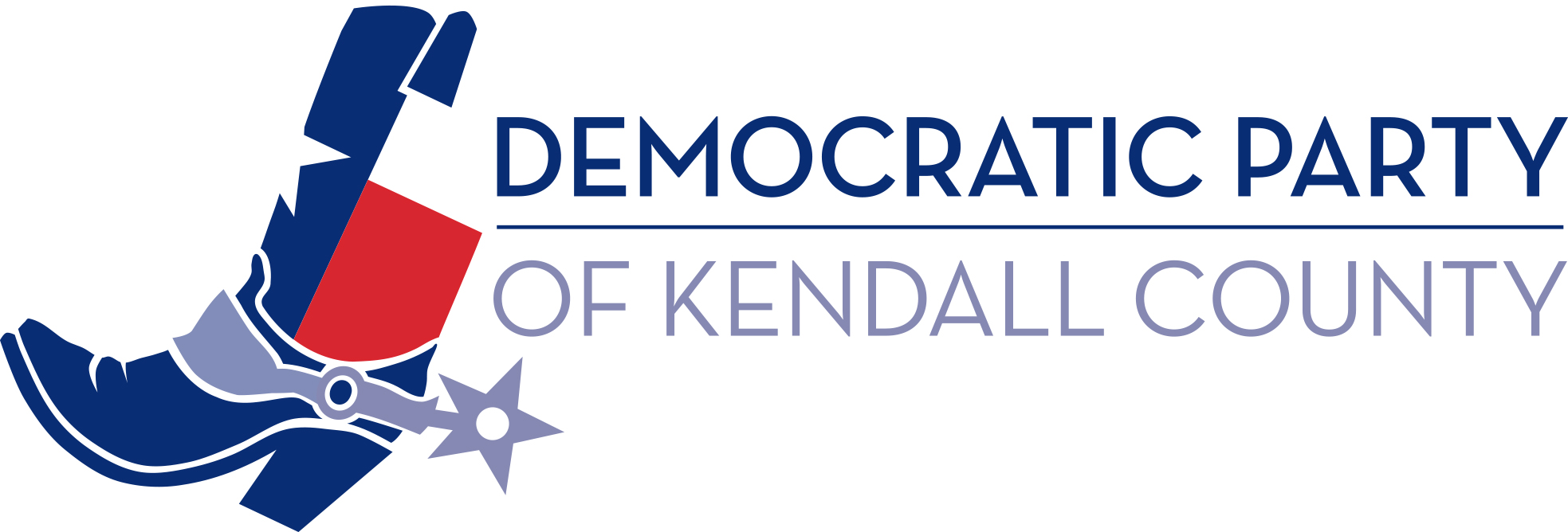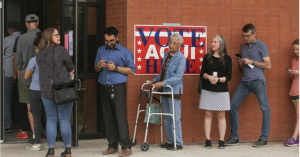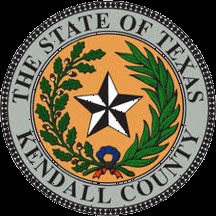by Steven M. Smith, Ph.D.
for the “Progressive Views” column, Boerne Star, March 22, 2019

In 2015 Texas Governor Greg Abbott signed into law House Bill 4 providing grant monies totaling $118 million to school districts for high-quality pre-kindergarten programs for children ages 3 and 4 years. While $118 million sounds like a lot of money it only worked out to $367.00 per child. However, to give Governor Abbott credit he did propose in the next biennium funding bill to increase that amount to $236 million. A step in the right direction for sure. Five hundred seventy-three districts and charter schools opted in and promised to meet the state mandates such as lower student-teacher ratios, avoiding the common core curricula and report progress to the state. Not all districts opted in as they were wary of ongoing funding and rightfully so. The reports came in after the first year and the results were positive. Legislators who attended the reviews were pleased and gave a smile and nods of affirmation. Lawmakers included the Governor’s $236 million into the budget which would hopefully fund extended pre-K programs into full day pre-K. Sorry to say that was not the case.
According to the Texas Tribune’s phenomenal reporter Shelby Knowles, Shelby states that at the end of the 2017 legislative session lawmakers decided not to only defund the $236 million requested by Abbott but to defund the original $118 million as well. This decision by legislators left 95 school districts in 49 Texas counties scrambling as to what to do. If not to add insult to injury the school districts that opted in were still required to maintain the state mandates the districts agreed upon in order to opt in. How were the districts to accomplish this task without the funding relied upon? What were our elected legislators thinking if they were thinking at all? The answer is the legislators had their respective heads anywhere but in education. To be frank one must ask the question is pre-K not worth the money? If that is so then is full day pre-K even a worse investment? The answer is an absolute no!
The National Institute for Early Education Research (NIEER) has followed students from pre-K through high school and found that students who attended quality pre-K programs were reading at the third grade level before entering the third grade, experienced fewer behavioral problems, had a lesser degree of absences from class, were less likely to drop out from high school and had a higher degree of high school graduation. To add insult to the Republicans’ staunch refusal to fund our children’s and grand children’s education Rutgers University released a study on full day pre-K programs. The Rutgers study affirmed the academic positive accomplishments of NIEER, but expanded that to include social and physical aspects as well. The study revealed that students who were enrolled in quality full day pre-K programs were more likely to matriculate from elementary to middle to high school with fewer behavioral problems, a greater degree of academic success and greater placement into community colleges and four year universities. Moreover, in terms of physical health students who attended full day pre-K had a lower incidence of childhood obesity and eating disorders. So why would our great state of Texas not champion this?
The first of many reasons is that our legislators either do not know the right questions to ask or are too lazy to do the research to learn the right questions to ask. The Texas Tribune reporters, the NIEER and myself have provided lawmakers with the data needed to come to an informed decision. However, we cannot stop lawmakers from formulating the wrong educational budgetary questions such as; “What can we spend on education?” This makes one wonder on what planet our legislators spend their free time. The questions must be, “What should we spend on each individual student.” The difference in these two statements is not rhetorical but it is indicative of a misinformed legislative body. As informed citizens it would appear that it is our job to educate our legislators on education. Go figure.
This year the 86th Legislative session and Governor Abbott have declared this to be the ‘Year of the Teacher.” That is great as teachers deserve all that is due. However, if one were to declare this the “Year of the Student” would not such things as teacher pay, classroom and educational materials and facilities all fall into their respective places? One would think so.



